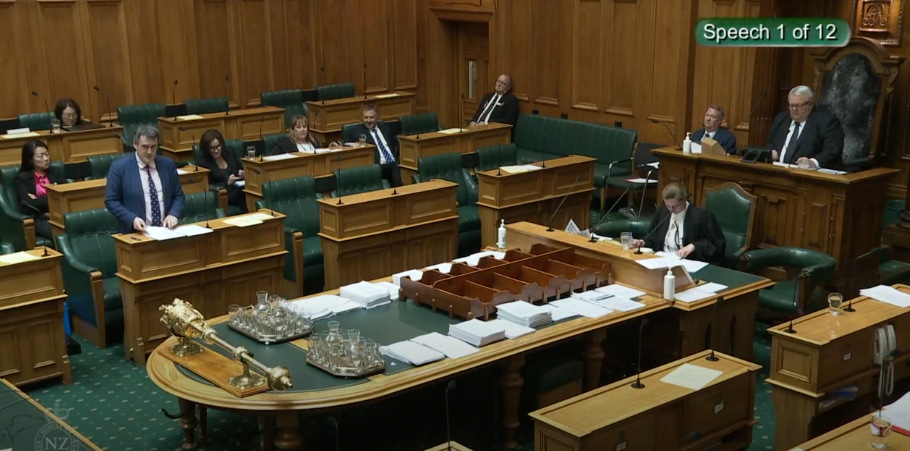The Government has introduced the Residential Tenancies Amendment Bill to parliament, despite growing criticism that some changes will only increase the rental shortage.
The Bill, first announced in November 2019, implements the changes to modernise New Zealand’s rental laws.
The changes include:
– Improve tenant’s security by requiring the use of a justified reason to end a periodic tenancy, including new provisions to respond to anti-social behaviour and removing the use of no cause terminations to end a periodic tenancy agreement.
– Flatten the inflated demand that has been created in some regions by tenancies all ending at the same time by mandating that fixed-term tenancy agreements must become periodic tenancy agreements upon expiry unless both parties agree otherwise, or certain conditions apply.
– Improve compliance with the law by increasing financial penalties and giving the Regulator new tools to take direct action against parties who are not meeting their obligations.
– Remove a disincentive for parties to use the Tenancy Tribunal by allowing for identifying details to be anonymised in situations where a party has been wholly or substantially successful in taking a case.
– Make rental properties safer and more liveable by ensuring that tenants can add minor changes, such as brackets to secure furniture and appliances against earthquake risk, baby proof the property, install visual fire alarms and doorbells and hang pictures.
– Prohibit the solicitation of rental bids by landlords and limit rent increases to once every 12 months.
– Improve the process for the installation of fibre in rental properties by requiring landlords to permit and facilitate the installation of Ultra-Fast Broadband, subject to specific triggers and exemptions.
However, some groups, including the NZ Property Investors Federation and REINZ, are not happy with the removal of 90-day no cause terminations.
“Both organisations are extremely concerned that the proposed changes to the no-cause 90-day notice will mean that owners effectively can’t control who lives in their property and in some cases this could impact directly on neighbours,” NZ Property Investors’ Federation Executive Office Andrew King said.
“We believe this change will cause investors to leave the market, pushing up rental prices even further for tenants who are already struggling to pay the rent.”
Similarly, REINZ are disappointed to see the proposals going ahead to convert fixed-term tenancies to periodic tenancies. Under the proposals, tenants will have up until 28 days before the end of a fixed-term lease to let an owner know they are not going to renew their fixed term agreement.
“If fixed term tenancies automatically convert to periodic tenancies, this will significantly affect areas that have strong student populations such as Christchurch, Hamilton, Auckland, Wellington and Dunedin,” points out REINZ Chief Executive Bindi Norwell.
“Under the proposal, students could let their tenancy rollover to a periodic contract throughout the Christmas period. Then in the New Year after university has started back the tenant could give notice to leave and the landlord will have missed the student market for a whole year. A tenant’s desire for security of tenure needs to be carefully balanced against a landlord’s need to manage business assets.”
But Associate Minister of Housing Kris Faafoi argues these changes are needed to realign the balance between renters and landlords.
“These changes get that balance right. They will build on the gains we have already made to ensure that rental properties are warm, dry and safe. They will provide a higher level of security to tenants and ensure that landlords continue to have the tools they need to manage their assets and provide a high quality of service to their tenants,” he said.




